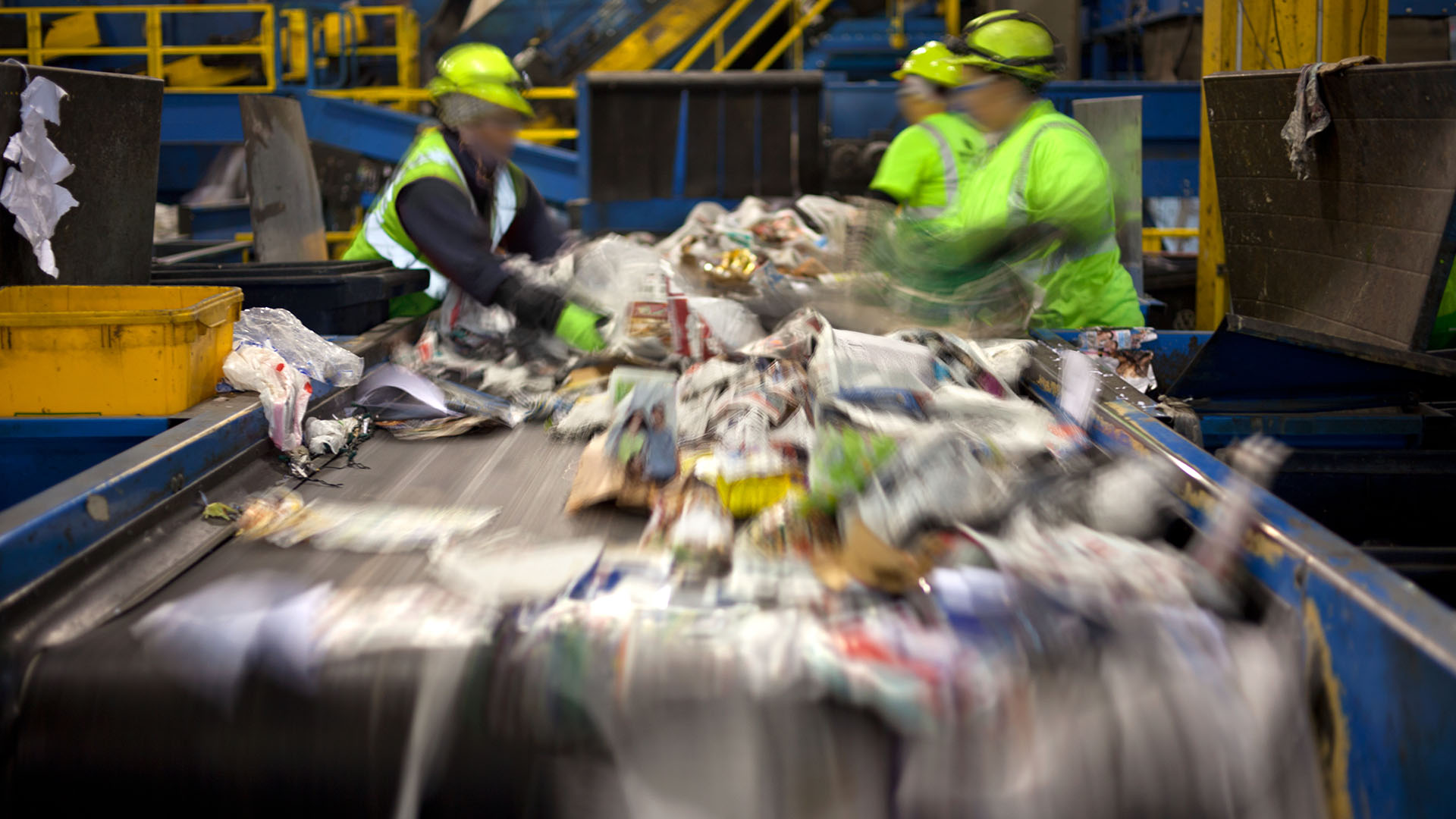
The Brief
WRAP is a global climate action NGO working to tackle the climate crisis by changing the way things are produced, consumed, and disposed of.
Funded by multiple governments across the UK and a variety of international actors with a common interest in protecting our natural world while providing benefits to society, WRAP’s current priorities are preventing food waste, reducing plastic pollution, mitigating the environmental cost of clothing, and ensuring waste is valued and material resources remain in the economy.
As an evidence-led organisation, WRAP is fully committed to evaluating its impacts and has subjected its activities to independent evaluation since its inception. This has included several impact evaluations and value for money assessments as well as several process evaluations and discrete evaluation activities relating to individual activities or programmes of activity.
The current impact evaluation work can be traced back to 2009 when Defra and WRAP commissioned members of the Winning Moves team to develop a suitable approach to assess the impact and value for money of a wide range of resource efficiency delivery activities in England subsumed within WRAP following the delivery landscape review.
Since that time, WRAP has commissioned a series of impact evaluations and cost benefit analyses to assess the actions taken by beneficiaries and signatories across the UK, the societal costs and benefits associated with these, and the extent to which these are attributable to WRAP.
The Solution
Over the last decade, Winning Moves has completed several large-scale national impact evaluations and value for money assessments, covering the entirety of WRAP’s work in England, Wales, and Northern Ireland, as well as bespoke assessments for the Plastics Pact and Textiles 2030.
All of the impact evaluation work for WRAP has been delivered using an evaluation framework and Impact Analysis Tool (IAT), also developed by the team at Winning Moves, enabling swift and sophisticated analysis of the societal costs and benefits of WRAP’s work, in line with HM Treasury Green Book guidance.
The central impact evaluation has supported evaluation of more than 200 activities and projects undertaken by WRAP since 2009, covering all of their current and historic programmes and areas of priority. Each round of evaluation work involves a bespoke programme of primary and secondary research and analysis to quantify the impacts of the work. In-depth and semi-structured telephone interviews are used to gather the supplementary evidence necessary to quantify or estimate the impacts of individual projects, voluntary agreements, and programmes of activity. This is used in conjunction with monitoring and other data collected by WRAP during delivery to allow estimation of a wide range of outcomes, including the amounts of waste prevented, or moved up the waste hierarchy as a result of WRAP’s work, raw material avoidance, cost savings, and a range of wider benefits.
The Impact Analysis Tool then uses this evidence to estimate the associated lifetime societal benefits, including reductions in carbon dioxide equivalent emissions, natural capital benefits, reductions in the Long Run Variable Cost (LRVC) of energy supply, improvements in air quality, and economic productivity benefits, where applicable. Non-market benefits are monetised, where possible, and integrated with data on the costs of intervention and action to provide a value for money assessment.
A form of Monte Carlo simulation is then used to acknowledge uncertainties in the data used in the impact estimation process, enabling us to report limits of likelihood for the Benefit to Cost Ratios (BCRs).
The Outcome
The evaluations undertaken by Winning Moves have supported WRAP in demonstrating the impacts and value for money of its work to its funders as well as providing valuable learning and insight to inform future activities.
The work has also supported WRAP in identifying priority areas for action, where WRAP’s work has been determined to deliver the most impact and offer the greatest societal benefits.
WRAP’s satisfaction with our work, over a series of competitively tendered contracts, led in 2021 to our successful appointment as WRAP’s preferred evaluation supplier via a single supplier call-off evaluation contract. Through this contract we continue to support WRAP with a range of process, impact and economic evaluation needs, ranging from evaluation of small-scale pilots to evaluate behaviour change interventions, to bespoke assessments relating to the overall impacts of WRAP’s work, including but not limited to its flagship voluntary agreements for food, plastics and textiles, which WRAP is now working with partner organisations in countries across the globe to introduce their own commitments.
We are also continuing to support WRAP in meeting funder evidence requirements, following earlier work to examine the impact of Resource Efficiency Clusters, a review of the Waste Prevention Programme in England, and qualitative evidence gathering to inform policy options for textiles.
